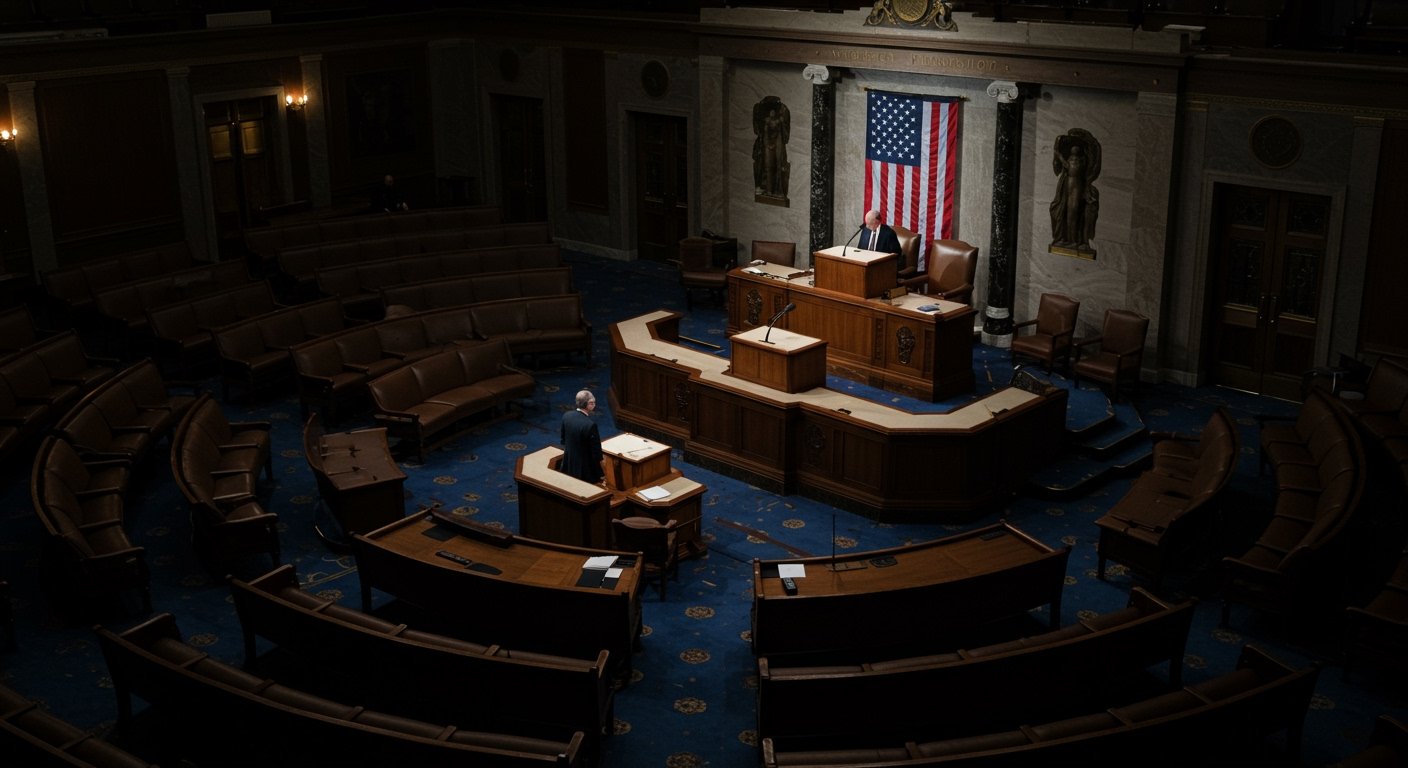WASHINGTON D.C. – President Donald Trump announced on Sunday, September 7, 2025, that European leaders are expected to visit the United States individually on Monday or Tuesday of the following week for discussions aimed at resolving the ongoing war in Ukraine. The announcement comes in the wake of a significant escalation in the conflict, including Russia’s largest-ever air assault on Ukraine the previous day.
Speaking to reporters after returning from the U.S. Open, President Trump stated his intention to speak with Russian President Vladimir Putin “soon,” emphasizing his desire to bring an end to the protracted conflict. “I am not happy about the whole situation,” Trump commented, expressing dissatisfaction with the war’s continuation. “The Russia-Ukraine situation. We’re going to get it done.”
Escalation and Diplomatic Urgency
The backdrop to these diplomatic overtures is the devastating Russian air attack that occurred early Sunday, September 7, 2025. Ukraine reported that Russia unleashed over 800 drones and missiles in its largest aerial assault of the war, striking government buildings in the capital, Kyiv, for the first time and causing civilian casualties. Ukrainian President Volodymyr Zelenskyy condemned the attacks as a “deliberate crime and an attempt to prolong the war,” urging allies for a strong response.
President Trump’s proactive stance signals a renewed diplomatic push, following a period where his administration has alternately pursued negotiation and threatened increased sanctions. He indicated readiness to move to a “second phase” of sanctions against Russia, though specific details were not immediately disclosed. This diplomatic engagement highlights the complex and trending geopolitical stories shaping the American foreign policy landscape.
Seeking Resolutions Amidst Conflict
While the specific European leaders expected to visit were not named, this initiative follows a pattern of engagement between the U.S. and its European allies concerning the Ukraine war. In mid-August, President Trump hosted Ukrainian President Volodymyr Zelenskyy and several European leaders at the White House for discussions on peace agreements and security guarantees for Ukraine. These past meetings involved figures such as European Commission President Ursula von der Leyen, French President Emmanuel Macron, and German Chancellor Friedrich Merz, indicating the high-level nature of such diplomatic efforts.
President Trump’s approach has consistently favored direct negotiation, sometimes diverging from the strategies favored by European partners. His stated aim is to leverage his negotiation skills to broker a peace deal, reflecting a broader American initiative to shape global events.
Broader Geopolitical Context
The discussions on Ukraine occur alongside other significant international and domestic developments. President Trump has also recently commented on efforts toward a Gaza ceasefire and other American stories impacting international relations. The administration’s focus on trade and strategic alliances, as well as its response to international conflicts, continues to draw global attention.
As European leaders prepare for these critical meetings in Washington, the focus remains on finding a pathway to peace in Ukraine. The urgency is underscored by the recent aerial bombardments and the ongoing human cost of the conflict. The coming days are expected to shed more light on President Trump’s strategy for de-escalating the war and fostering a lasting resolution.











